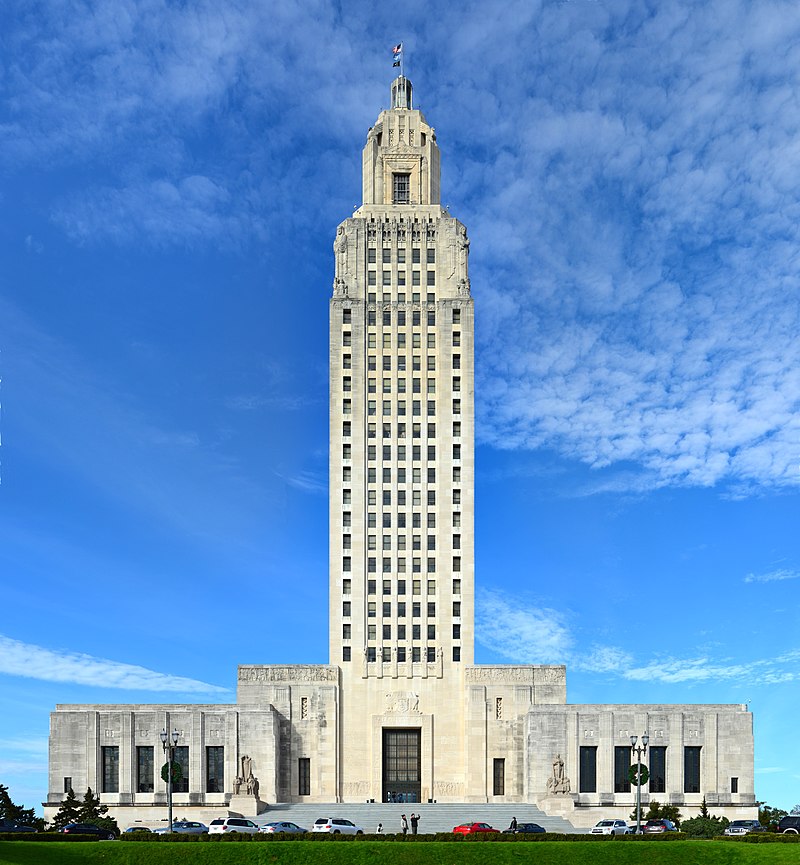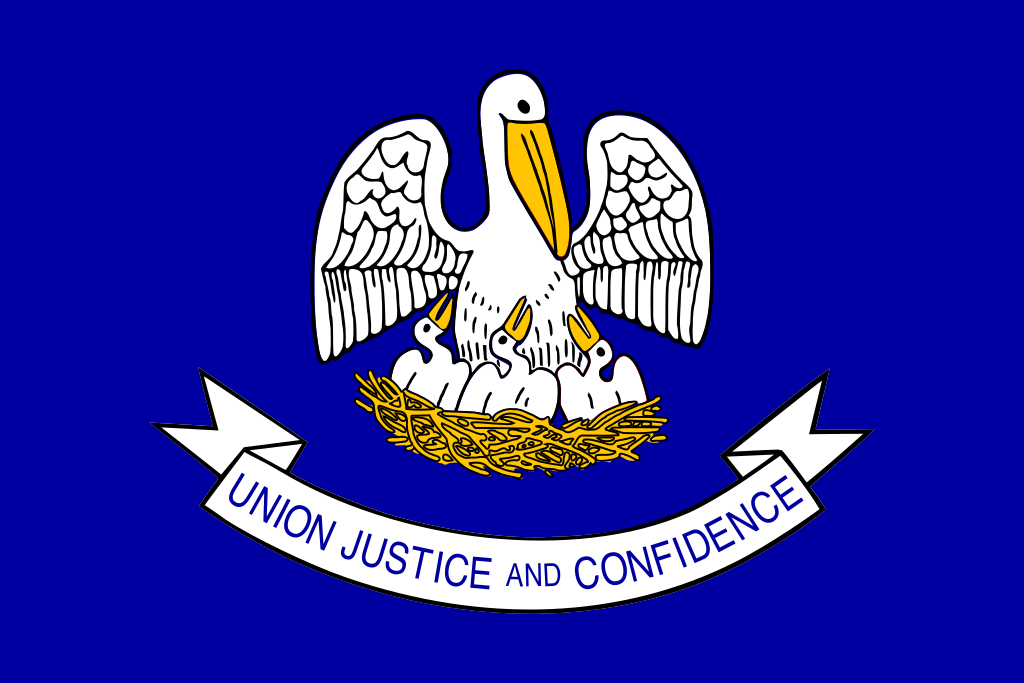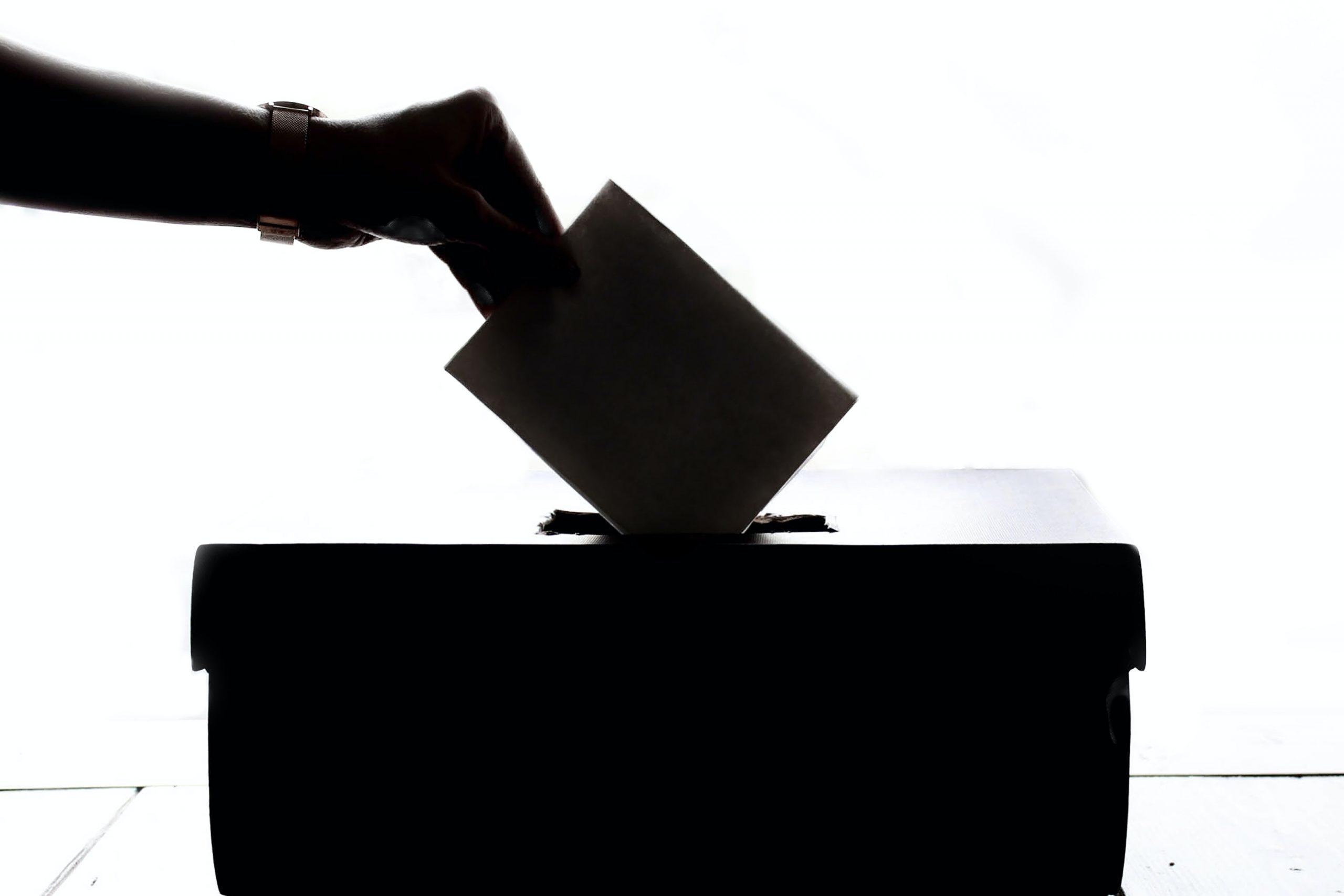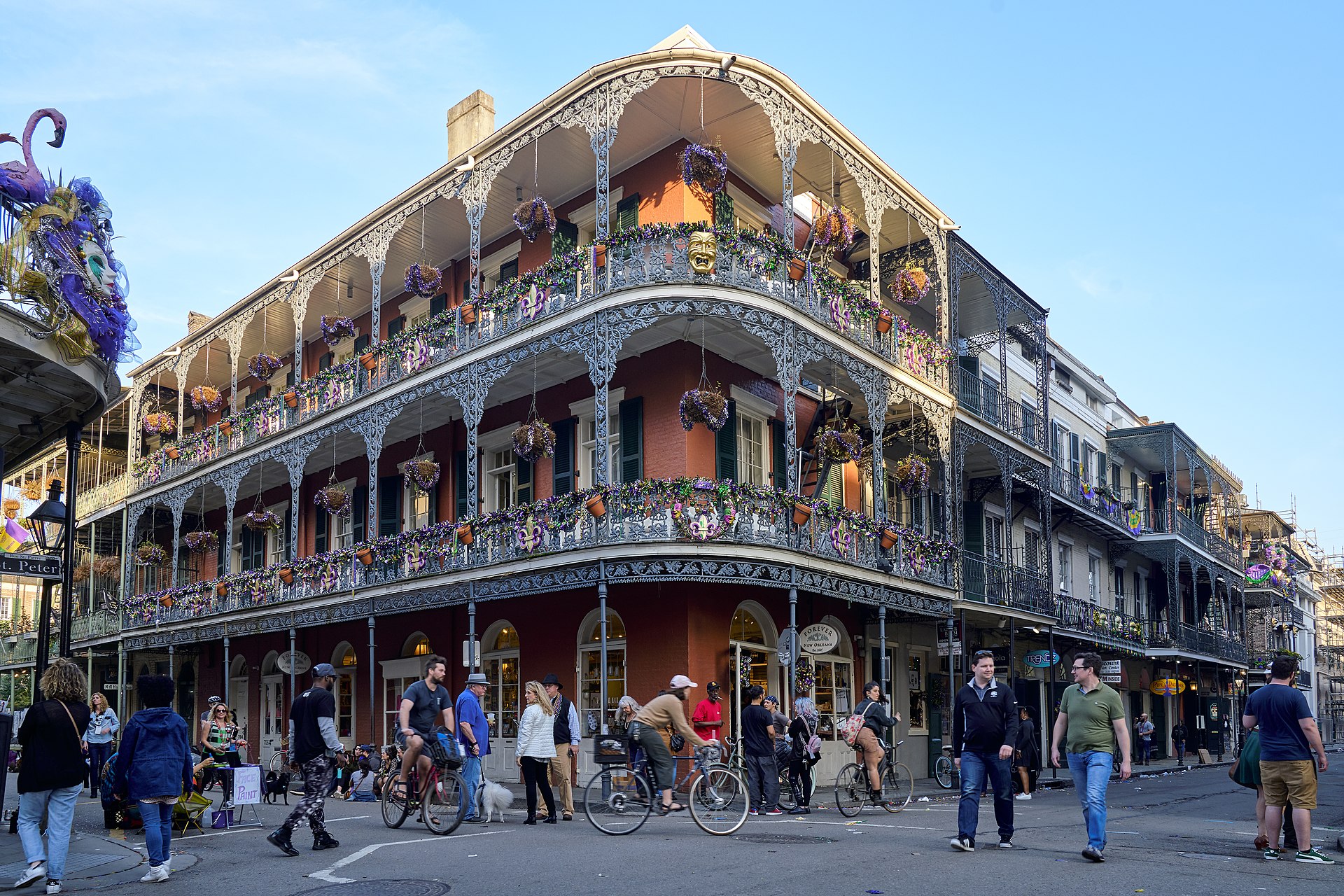Tag: louisiana
-
Louisiana legislature refers two constitutional amendments to 2022 ballot concerning property taxes

On May 24, the Louisiana State Legislature referred two constitutional amendments to the Nov. 8 general election ballot, bringing the total number of measures currently certified for the ballot to seven. One amendment would remove the requirement to annually re-certify income for homeowners that are permanently and totally disabled in order to keep their special…
-
Karen Peterson resigns from Louisiana State Senate

Karen Peterson (D) resigned from the Louisiana State Senate on April 8 to focus on recovering from depression and a gambling addiction. She represented District 5 from 2010 to 2022. According to The New Orleans Advocate, a federal probe is being conducted into Peterson’s finances and gambling addiction. Prior to joining the state Senate in…
-
Louisiana enacts new congressional district boundaries after legislature overrides governor’s veto

Louisiana enacted new congressional district boundaries on March 30 when the state legislature overrode Gov. John Bel Edwards’ (D) veto of legislation establishing the new districts. Louisiana was apportioned six seats in the U.S. House of Representatives after the 2020 census, the same number it received after the 2010 census. This map will take effect…
-
Louisiana enacts state legislative maps

Louisiana enacted new legislative district boundaries on March 14 when the bill detailing those boundaries took effect without Gov. Jon Bel Edwards’ (D) signature or veto. Louisiana holds regular state executive and legislative elections in odd-numbered years, so these maps take effect for the state’s 2023 elections. On Feb. 18, the legislative redistricting plan passed…
-
Louisiana governor vetoes legislature-approved congressional map

Louisiana Gov. John Bel Edwards (D) vetoed the state’s new congressional district boundaries on March 9. Edwards released a statement which said, in part, “I have vetoed the proposed congressional map drawn by Louisiana’s Legislature because it does not include a second majority African American district, despite Black voters making up almost a third of…
-
Special election primaries to be held in Louisiana state legislative districts

Special election primaries are being held on Nov. 13 for one seat in the Louisiana State Senate and two seats in the Louisiana House of Representatives. The winners of the special elections will serve until Jan. 8, 2024. * In Senate District 27, Dustin Granger (D), Jake Shaheen (R), and Jeremy Stine (R) are running…
-
Louisiana Secretary of State announces delayed fall election date

On Sept. 8, Louisiana Secretary of State Kyle Ardoin (R) announced that Gov. John Bel Edwards (D) had agreed to postpone the state’s fall elections. According to Ardoin, the first-round and second-round elections will now take place on Nov. 13 and Dec. 11, respectively. The first-round and second-round elections were originally scheduled to take place…
-
Louisiana reinstates indoor face covering requirement

On Aug. 2, Louisiana Gov. John Bel Edwards (D) signed an executive order reinstating the indoor mask requirement for vaccinated and unvaccinated individuals. Louisiana was the only state to reintroduce a statewide indoor mask policy between July 30 and August 5. Gov. Edwards said the order would be in place until Sept. 1, and could…
-
Special elections in two Louisiana legislative districts to be held on Nov. 13

Election officials have scheduled the special elections for the District 16 seat in the Louisiana House of Representatives and the District 27 seat in the Louisiana State Senate for Nov. 13. The seats became vacant after Frederick D. Jones (D) resigned on July 16 after his election to a Louisiana District Court judgeship, and Ronnie…
-
71 candidates file for 13 municipal offices in New Orleans

The filing deadline to run for office in New Orleans passed on July 16. The city is holding general elections for mayor, sheriff, assessor, coroner, civil district court clerk, criminal district court clerk, and seven city council seats on Nov. 13. A primary is scheduled for Oct. 9. A total of 71 candidates filed to…

